Australia has secured access to 50 million doses of another two potential COVID-19 vaccines in a major boost in the fight against the global pandemic.
If proven to be effective against the virus, the earliest the vaccines could be rolled out is March, Federal Health Minister Greg Hunt has confirmed.
It comes as researchers at Oxford University say their vaccine could be ready by Christmas.
READ MORE: Follow our live rolling coverage of the US election
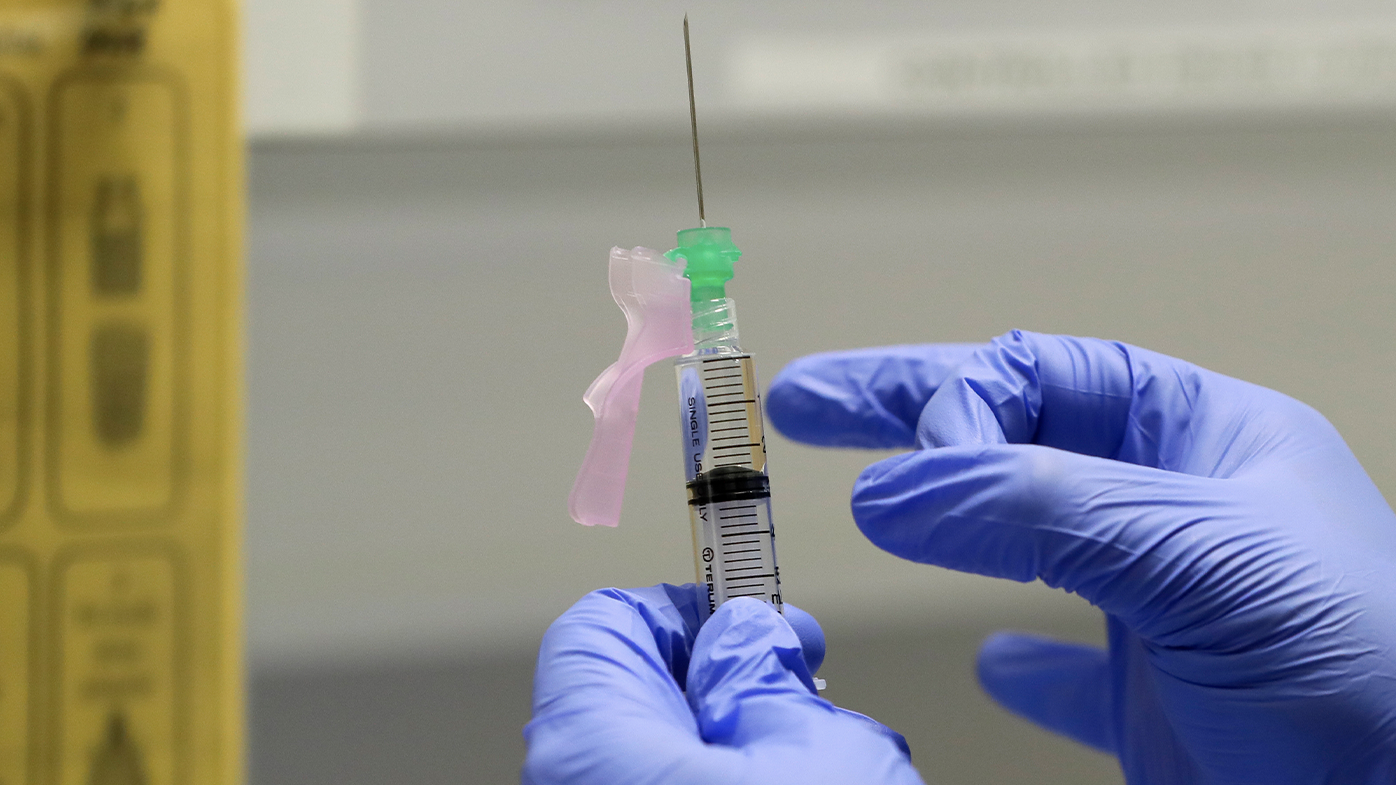
The Australian government has signed two new agreements with pharmaceutical companies Novavax and Pfizer.
Prime Minister Scott Morrison today announced an extra $1.5 billion investment into the Novavax and the Pfizer vaccines, taking the overall program to over $3.5 billion.
Mr Morrison said the investment would ensure Australia is in the "leading pack of the world" to distribute a COVID-19 vaccine.
"Australian scientists, Australian researchers, Australian clinical trials are all playing an important role in the global challenge of finding and testing and trialling this vaccine," he said.
"As we move into 2021 ... we are very hopeful that these vaccines will prove effective and will be able to be disseminated right across the population."
READ MORE: Victoria records zero new coronavirus cases for sixth day in a row
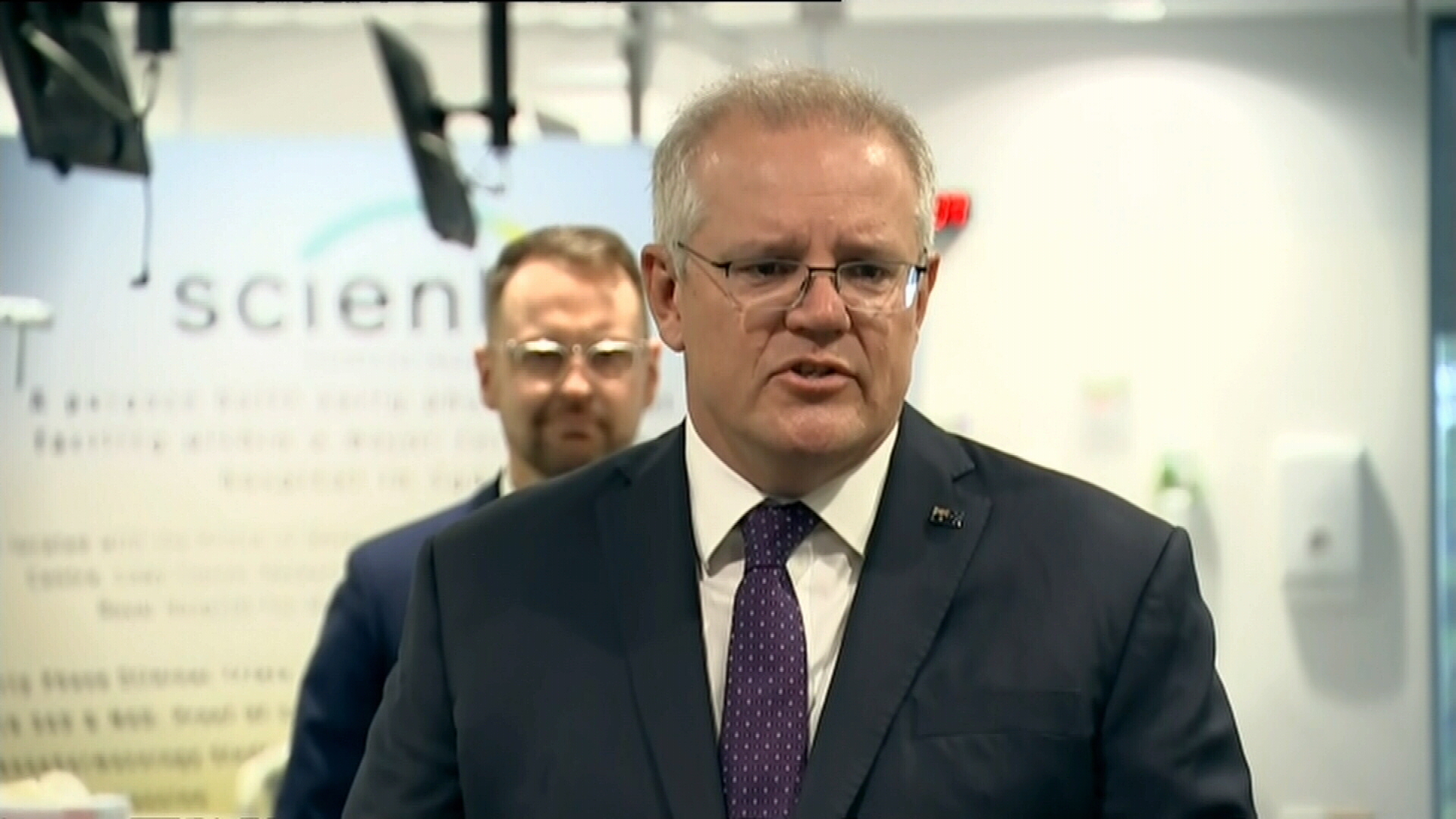
It means Australia now has access to a total of four potential coronavirus vaccines.
"We're already at a massive advantage globally, but these vaccines will help give real protection right across the country," Mr Hunt told Today.
"The most likely date for the health workers and the earliest vaccinations of elderly, if it's approved for them, will be in March and then progressively we will roll out through the year.
"But as soon as they are approved and safe and available, then we will make sure that they're available for the entire Australian population."
The deal with Novavax includes 40 million doses of its COVID-19 vaccine candidate, NVX-CoV2373.
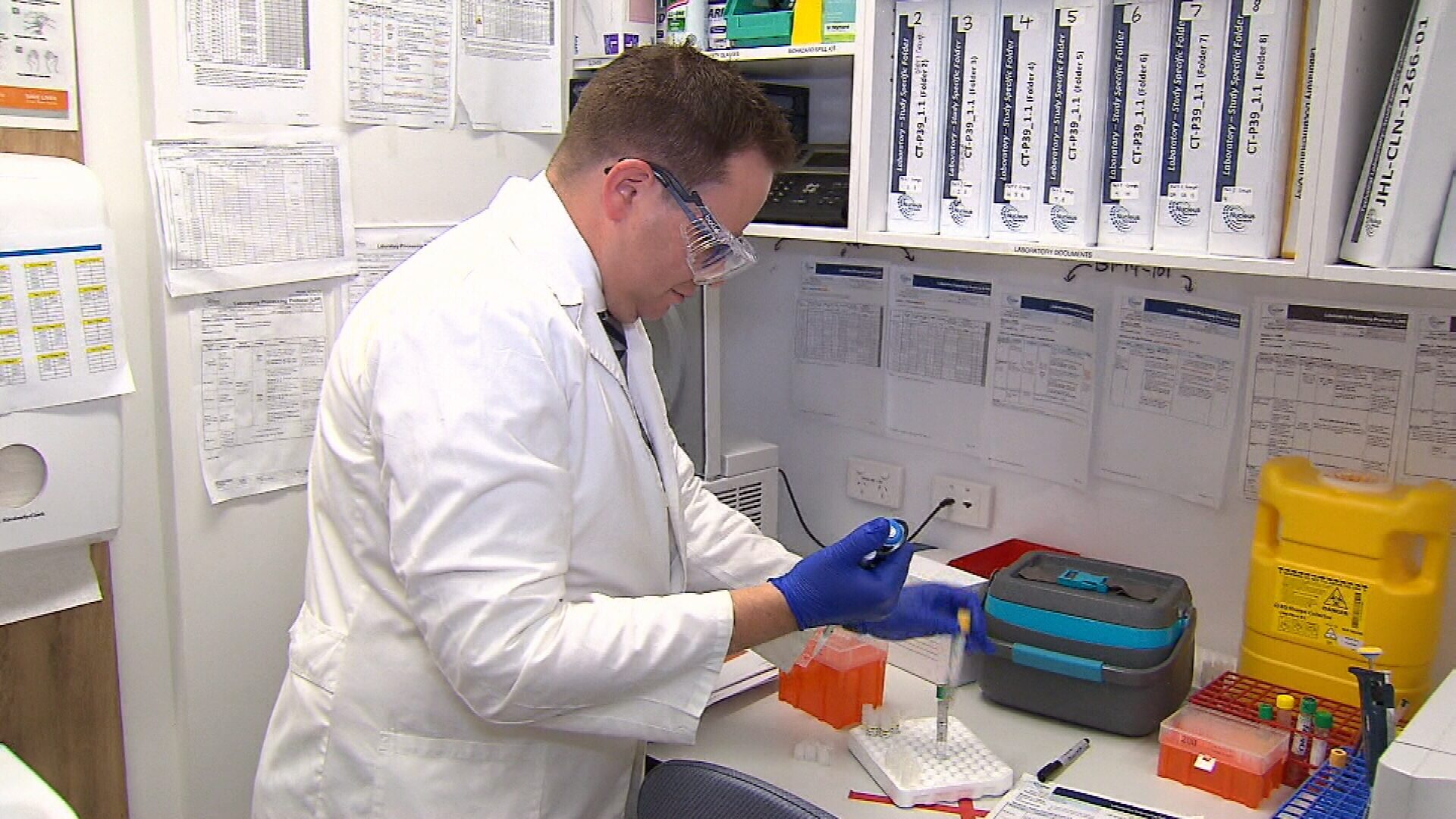
The other vaccine candidate Australia has signed up to is from Pfizer, an MRNA type which takes longer to produce.
Both vaccine candidates will be manufactured in the US and in Europe, Mr Hunt said.
"They compliment the two that we already have which will be overwhelmingly manufactured in Australia," Mr Hunt said.
"That means we are now in a very strong position with the portfolio of four different vaccines, two protein, one viral vector and one MRMA which is the Pfizer vaccine and that's innovative - the world hasn't had an MRMA vaccine before.
"All of these put us in a strong position for a range of eventualities and it means that during the course of 2021 - beginning in the first quarter most likely - we will be able to provide that vaccination option to all Australians."
Mr Morrison said today was "a very exciting day" as a vaccine would mean Australia could return to "some form of normal" next year.
"It's a day that Australians can take more hope and as we move towards Christmas and as families gather around, as borders come down, as Australians connect with each other again safely," he said.
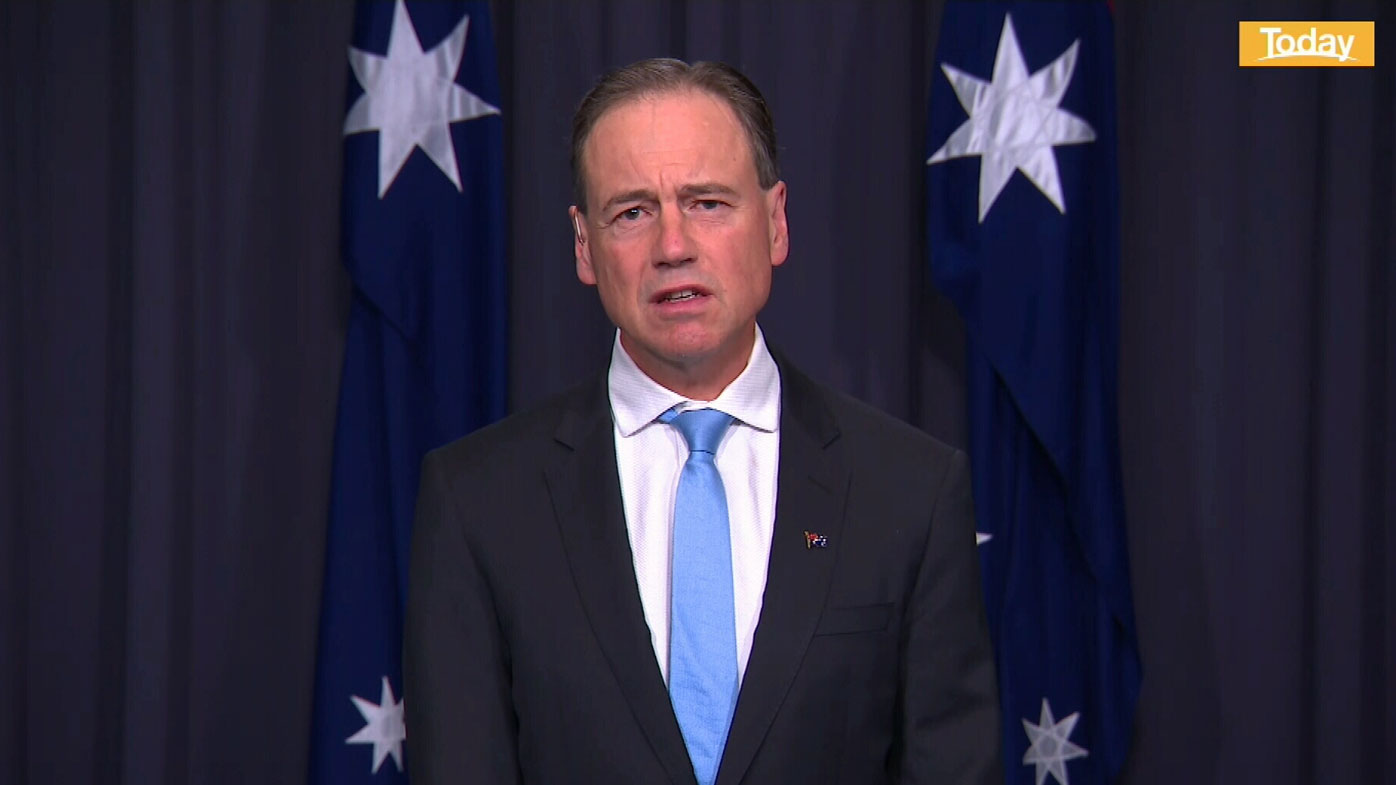
The two new agreements have pushed Australia's total vaccine investment to $3.2 billion.
"The vast bulk of the funds would be provided on delivery of the vaccines," Mr Hunt said.
"There is an upfront fee to reserve the right in each of those cases. But overwhelmingly, this is about payment on delivery."
The Novavax vaccine candidate is currently in late stage trials in the UK after some initial positive trials in Australia.
Australian clinical researchers led the global Phase One clinical trial in August, involving 131 people across two trial sites in Melbourne and Brisbane.
A further 690 Australians took part in the Phase Two arm of the clinical trial, done across 40 sites in Australia and the US.
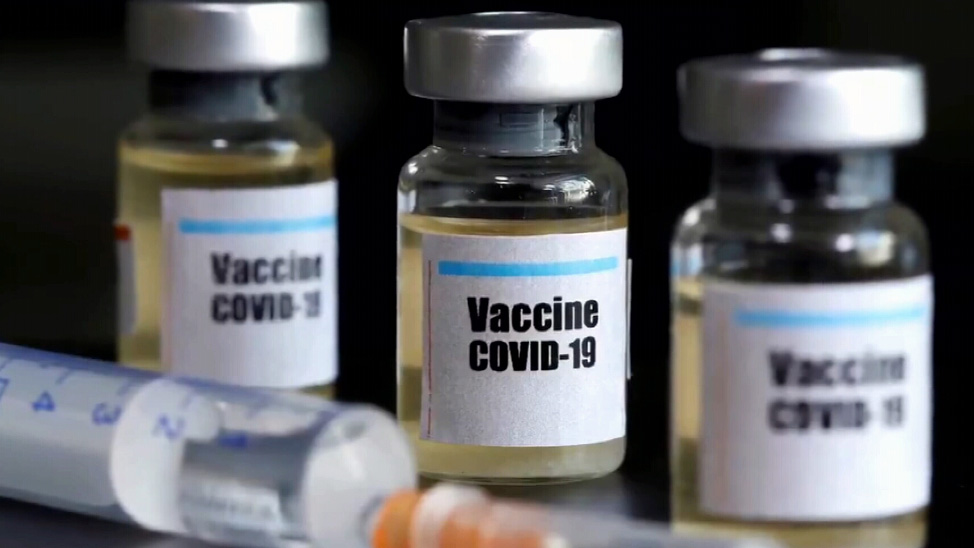
Most of the participants have been aged 60 or over. The trials are looking to recruit members of the community most vulnerable to COVID-19 – including the elderly, those with underlying medical conditions as well as those from racially-diverse backgrounds.
The planned global Phase Three clinical programs will assess immunity, safety and COVID-19 disease prevention.
The vaccine is expected to require two doses per person, given 21 days apart.
The first doses of the Astra Zeneca vaccine are due to arrive from overseas early next year, with all of the four vaccines also planned to have scheduled delivery during the course of next year.
Oxford vaccine could be ready 'by year end'
Meanwhile, the chair of Britain's coronavirus vaccine task force says data evaluating the efficacy and safety of the two most advanced candidates should be available in early December.
Kate Bingham told a Parliamentary committee on Wednesday that data on the two vaccine candidates — developed by Oxford University and AstraZeneca and Pfizer and BioNTech — should be available by then.
After that, the vaccine candidates will need regulatory approval, Ms Bingham said.
"If we get that, we have the possibility of deploying by year end," she said.
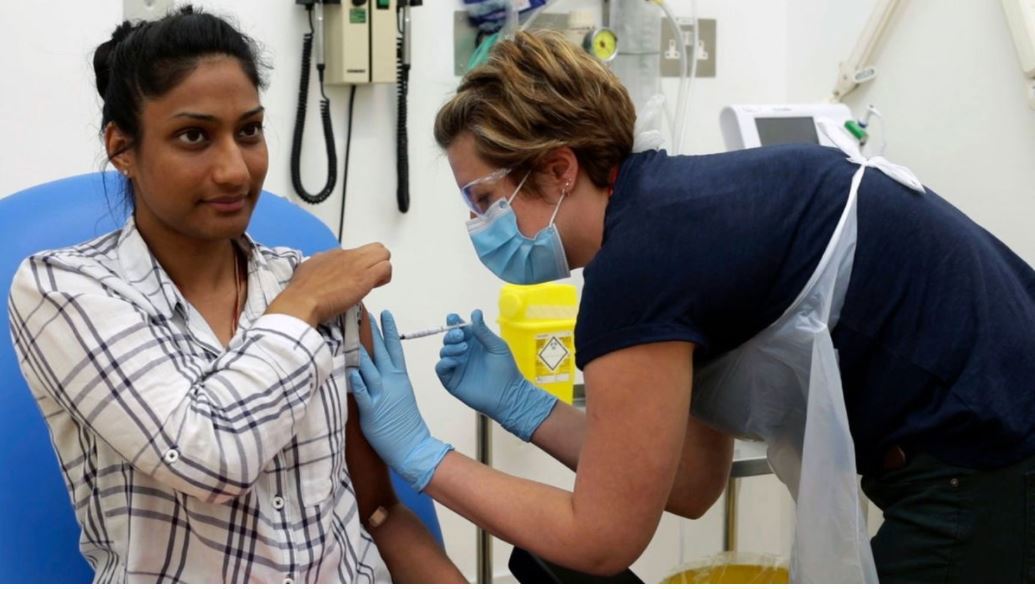
Ms Bingham acknowledged despite the government's earlier estimate there would be 30 million doses of the Oxford vaccine available by September, there only will be about four million doses available by the end of the year, due to some manufacturing "hiccups" that have since been resolved. She said there would be about 10 million doses of the Pfizer and BioNTech vaccine.
Dr Robin Shattock, one of the scientists behind another vaccine developed by Imperial College London, said it was possible several vaccines would be needed to stop the pandemic.
"The first vaccines may reach the bar of preventing severe disease, but they may not necessarily block transmission," he said.
Dr Shattock said later vaccines likely will be more potent, but it remained unclear how long immunity lasts and "most likely they will need to be boosted".
- Reported with Associated Press
from 9News https://ift.tt/38fP0cy
via IFTTT


0 Comments